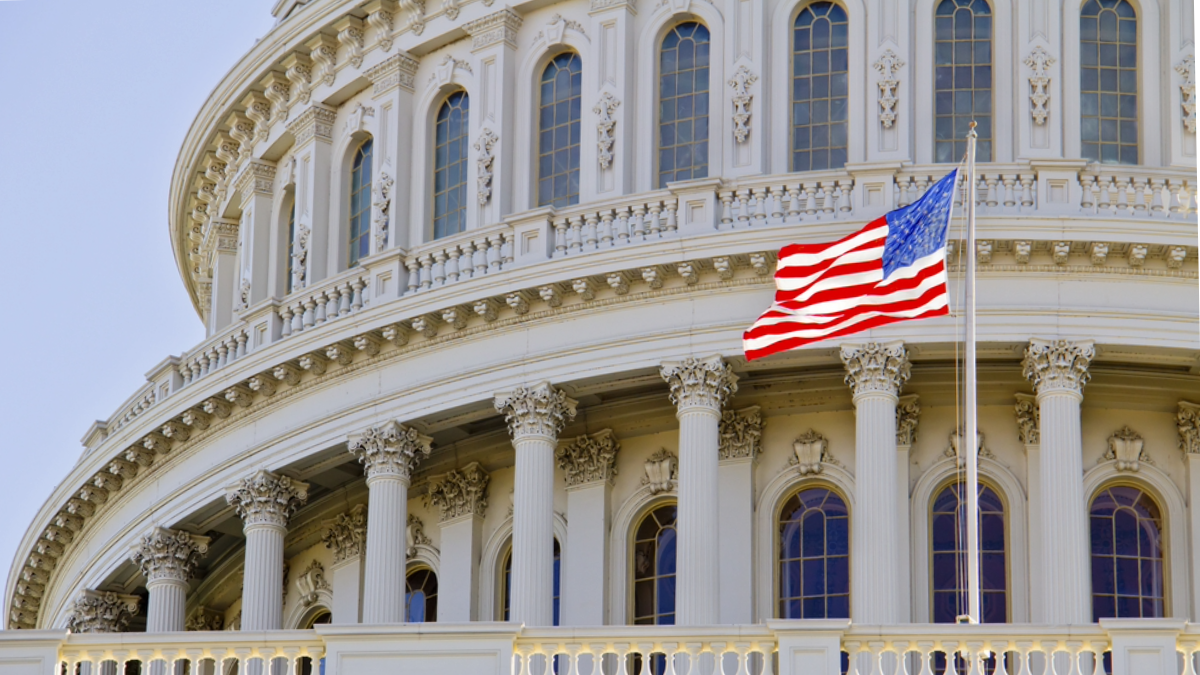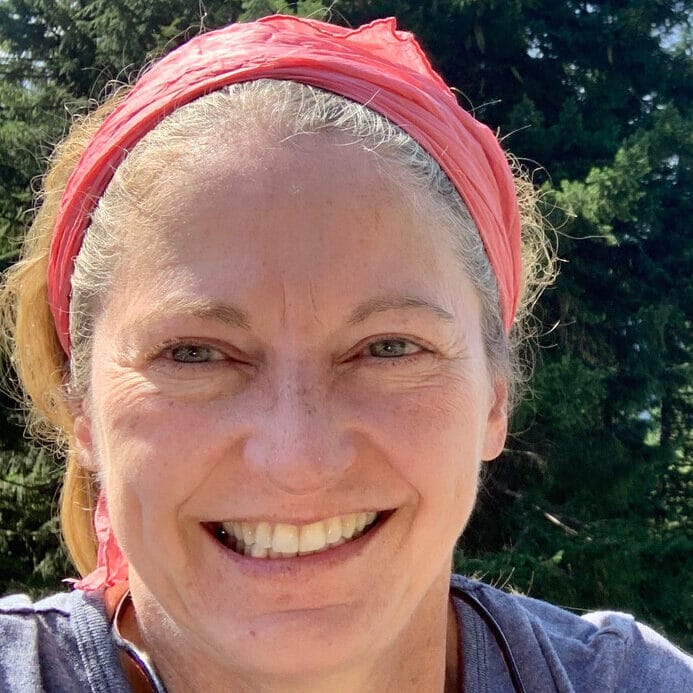Digitizing Democracy: Bridging the Gap Between Congress and Higher Education Through AI and Modernization
Lorelei Kelly / Mar 20, 2024
The US Capitol in Washington DC.
American democracy is an experiment in popular self-determination, held together by norms and institutions. Higher education and Congress are two of those vital institutions, and the relationship between them is at a critically low point. Entangled in the culture wars, colleges and universities across the US are under attack, on the defensive, and churning with demands for change.
But there’s a path through the current vitriol that could begin to restore productive relationships. While mostly unremarked and little noticed, Congress itself is in the midst of introspection and change. Since 2019, the House of Representatives has worked to reform itself, and in so doing has generated an opening to improve the connections between Congress and higher education.
The Select Committee on the Modernization of Congress (“ModCom”) was a bipartisan group of members who collaborated from 2019 to 2023 to pass 202 reform recommendations. These forward steps are a huge accomplishment in an institution that is deeply divided and working at historically low levels of staff capacity. For years, the institution has been diminished and disconnected from the modern world. Keep in mind, Congress only provided district offices with secure, shared wifi last year. It still uses some document formats from the 19th century. As for higher education? ModCom Committee Recommendation 102 prompted Congress to change its rules to allow member offices to pay for staff certifications on topics that improve work related skills. This shift presents a significant opportunity for colleges and universities to build a mutually beneficial working relationship with Congress.
Academia is rich with brilliant critical thinkers in every state across the USA, yet the public serving knowledge contributions of higher ed don't show up in the day to day workflow of Congress. This visibility gap leaves academia vulnerable, alienated and lacking a cohesive coalition of allies on Capitol Hill. With recommendation 102, Congress has extended an invitation to colleges and universities to help build common knowledge about critical issues and begin to bridge the gap between these two vital American institutions.
Timing is important. The American government is at a pivotal moment. Across the globe, democracy is at risk from authoritarian pressures. Here at home, anti-democracy factions are working to erode democratic legitimacy, while trust in institutions has plunged. But much of Congress’ suffering is self-inflicted. Over the past two decades, it has eliminated the deep pools of common knowledge that facilitated nonpartisan collaboration on tough policy problems. Modernization–with its focus on information architecture and authoritative data– is an unprecedented effort to course correct. Plus, it is already a good news story. The majority of the reform recommendations are implemented or in process. Like most legacy systems, Congress will never be agile. It is, however, leaning into incrementalism.
The Select Committee on Modernization helped Congress evolve and change its rules. The COVID crisis accelerated this momentum as Congress was forced to go remote to carry on its Constitutional duties. (The House only got a Zoom license in the summer of 2020). Indeed, while many of the recommendations are belated adaptations of technology and data for the congressional workflow, they are also a way to bolster goals that many members share, irrespective of party. Who doesn’t want to be a more responsive and effective leader?
Similarly, upgrading capacity is low visibility but very bipartisan. When House leadership changed hands to the GOP last year, leadership created a Subcommittee on Modernization to continue pushing for internal progress. This subcommittee is supported by a close knit cohort of civil society organizations nicknamed the “FixCongress” cohort. Institutional organizing includes a member-led “FixCongress” Caucus and a bicameral Modernization Staff Association.
Congress is one of the most ‘advised’ organizations on the planet. Specialized information is abundantly supplied by lobbyists and advocates. Long term thinking and shared technical skills are not things that a staffer can expect from election obsessed parties, or narrow private interests. In contrast, broad scope knowledge, technical skills and discerning evaluation abilities are a good fit for universities and colleges.
Between July and October of 2023, I conducted a research sprint with Hill staff that revealed insights on what certifications staff wish to acquire. You can read the resulting memo here. When it comes to professional skills development, staff are mindful of credentials, cost and community. From speechwriting to ethics, every single interview involved a discussion about the need to use AI to save time and improve typical workflow tasks. I was also struck by the consistent desire to meet and learn collaboratively with a community of colleagues and peer networks.
Tapping into this collegial spirit is possible in Washington, DC, but even more so in 50 states and 441 districts. Nearly half the staff in the House and Senate live outside of the DC region. Local congressional staff are the front line connection between regular citizens and the federal government. Irrespective of geography, any institution of higher education can offer these certificate courses.
While Congress often appears dysfunctional from the outside, mission-driven public servants on the inside want to get work done. Modernization has opened up a fresh space for positive, mutually beneficial relationship building between higher education and Congress. Whoever is the first mover in this space will help design the next generation of democratic practices and, most importantly in these fractious times, bolster a collegial vision for governing in our shared future.
Authors
